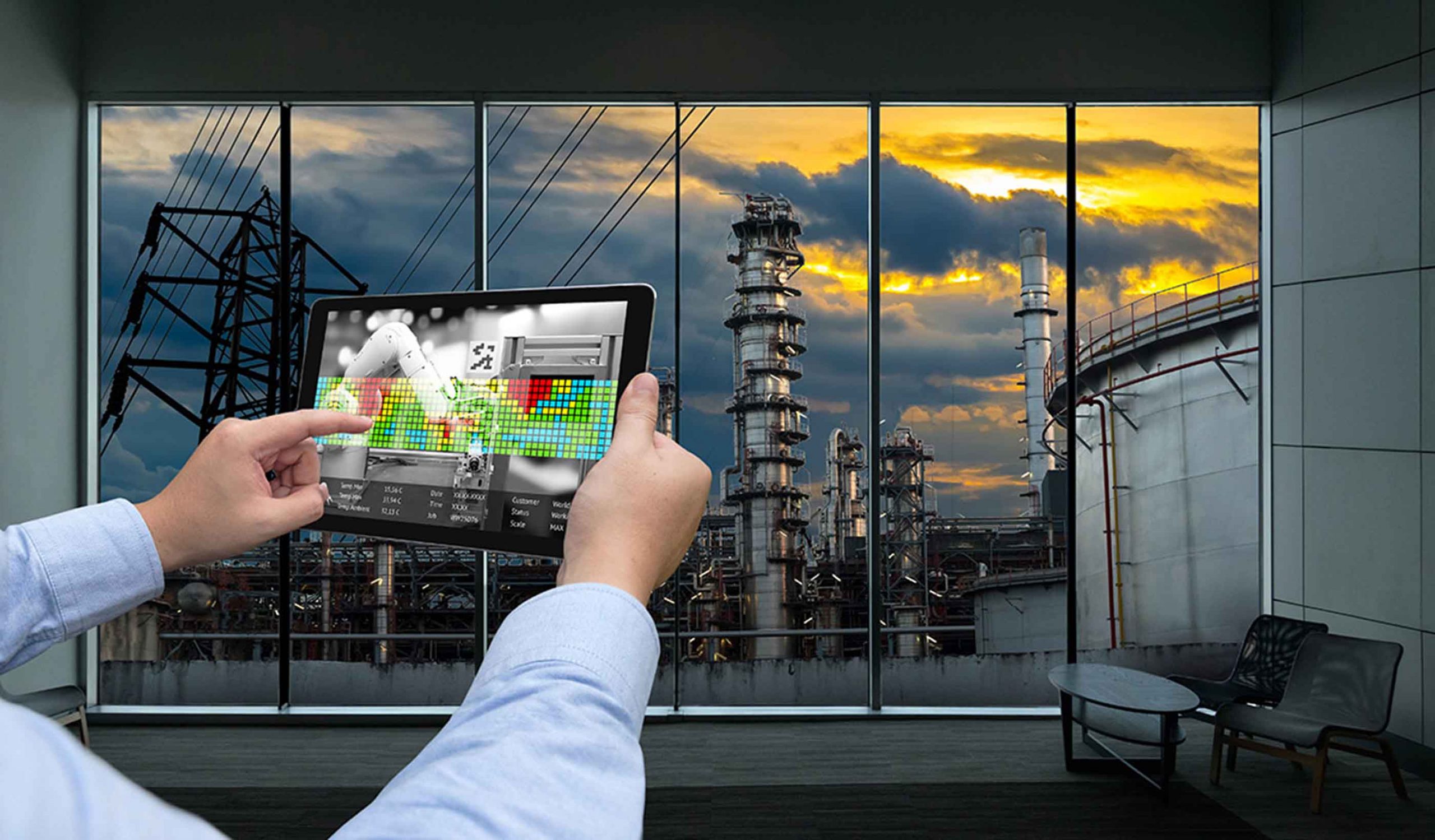Virtual reality in power engineering sector

The energy sector is characterized by high risks of harm to the lives of employees and breakdowns of expensive equipment. Therefore, energy companies are interested in implementing solutions that can prevent abnormal situations associated with professional mistakes and insufficient qualifications of employees.
As practice shows, the most common infrequent cases among employees of the energy industry are: falling from a height, electric shock and burns. The consequence of non-compliance by employees with the rules of safe operation of equipment and work on high-voltage lines is the loss of human and financial resources by enterprises.
VR technology can become a solution to key problems for energy companies. Virtual reality simulators allow you to reproduce any regular technological processes for training employees and identifying weak points in work; to work out operations in emergency situations; to create prototypes of the working complex and individual elements for its study, to consolidate the skills of equipment operation. Trainings on virtual simulators are conducted on copies of real objects and equipment.
VR technology can be both a component and an independent tool for conducting trainings and briefings at energy enterprises.
Areas of application of VR technology in the energy sector:
modeling, prototyping of equipment;
simulation of working situations;
testing of nodes, installations and power grids;
secure employee training in a virtual environment.
Advantages of using VR in training in the energy sector:
they form knowledge through experimental experience;
they give the opportunity to repeatedly undergo instruction until the material is fully assimilated;
increase the amount of stored information;
they allow for interactive training of workers on a realistic simulator for working out critical procedures.
Virtual reality simulators can be used to train personnel at hazardous production sites:
machinists crawlers for boiler equipment;
electricians;
electric and gas welders;
heat supply drivers;
locomotive drivers.
Also, VR simulators can act as virtual equipment repair manuals for locksmiths, repairmen, masters of equipment repair (thermal automation, boiler rooms) and equipment.

